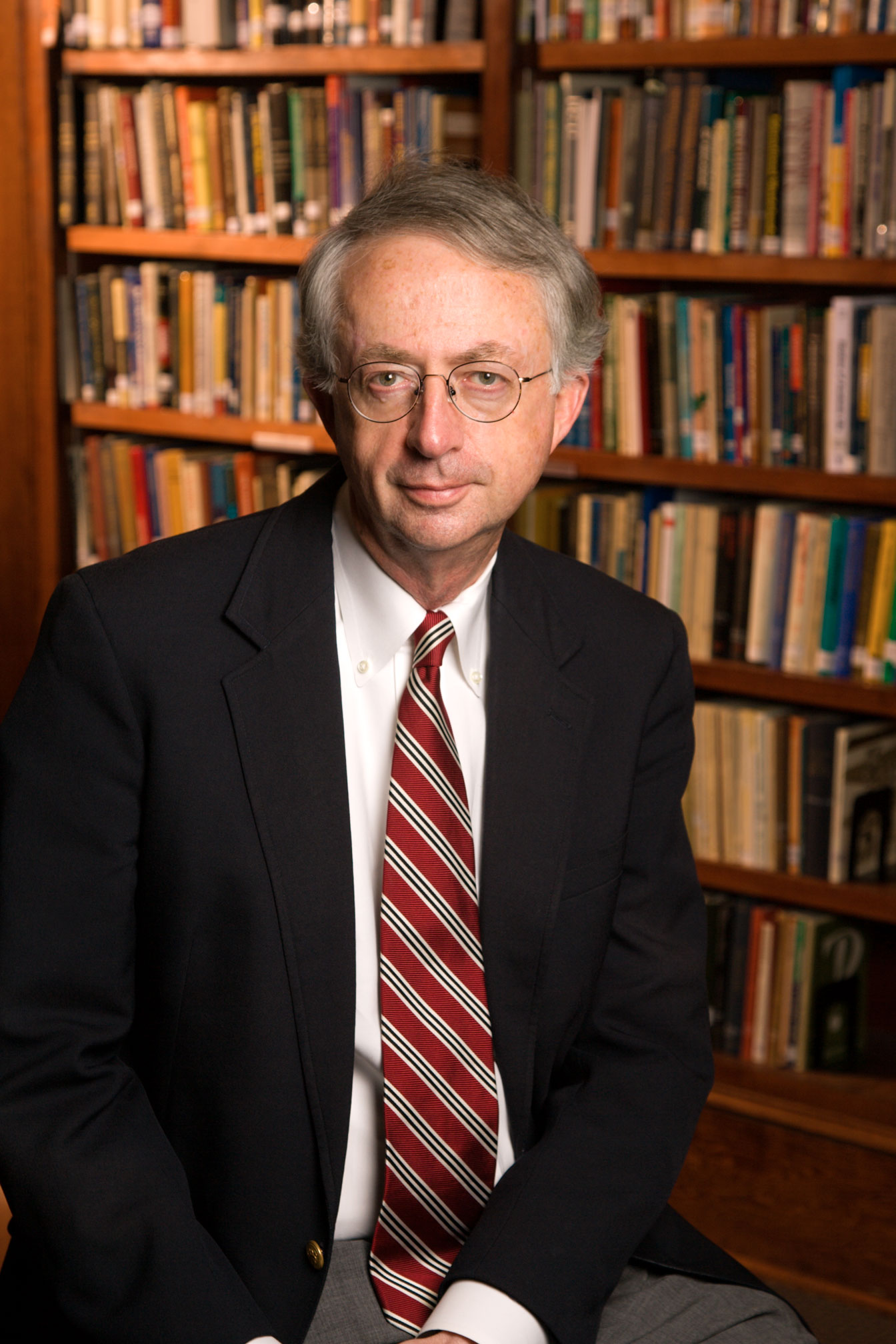It wasn’t part of Tom Dyer’s plan to spend 36 years-five as a graduate student and 31 as a professor and administrator-at the University of Georgia.
“I intended to stay here for a year, get a master’s degree and leave,” he said.
Instead, Dyer got his Ph.D in history, met his wife, Anna (who was also a graduate student in history), was hired to teach and realized that Athens was the perfect place to live. Dyer calls himself “old-fashioned” when relating his commitment to his career and UGA, which draws to a close with his retirement on Dec. 1.
“I’ve enjoyed everything,” said Dyer. “I’ve been enormously fortunate, and I’m extremely grateful to the university for the opportunities I’ve had. . . The university has been very good to me, and I’ve tried to reciprocate.”
Most would say that’s an understatement.
Dyer, a higher education and history professor and the director of the Institute of Higher Education, holds the title of University Professor. He has been vice president for instruction, associate vice president for academic affairs twice, senior associate vice president for academic affairs, associate vice president for services and interim senior vice president for academic affairs and provost.
While vice president for instruction, Dyer focused on residential learning, helping to establish Freshman College, the language communities and Franklin Residential College. As associate vice president and senior associate vice president for academic affairs, he started UGA’s minority faculty hiring project, which doubled the number of tenure-track African-American faculty.
Dyer was founding chair of the Holmes-Hunter Lecture, which honors the first black students to be admitted to UGA; acted as general chair of UGA’s bicentennial celebration that lasted for 17 months in 1984-85; and has overseen the IHE’s rise from 20th to seventh place in U.S. News and World Report’s ranking of national doctoral programs. He wrote three books: Theodore Roosevelt and the Idea of Race, The University of Georgia: A Bicentennial History, 1785-1985 and the award-winning Secret Yankees: the Union Circle in Confederate Atlanta.
Dyer traces both his academic interests and his devotion to public service and outreach to his childhood. He grew up near Marshall, Mo., on a corn and soybean farm that has been in his family since the late 1930s. (In Dyer’s office, photographs of the romantically lit fields surrounding the old farmhouse are framed alongside family pictures.) As a young 4-H’er in a rural setting, he noticed the help given to his community by local extension agents. Meanwhile, his love of history was nurtured by his parents and paternal grandmother, as well as some particularly inspirational professors Dyer had as an undergraduate student at Missouri Valley College.
Throughout his time at UGA, Dyer has witnessed both strong and subtle milestones, both at the university and personally.
“It’s an extraordinarily strong university, and it’s been very strong since I’ve been here,” he said. “And I think its progress has been steady and sometimes spectacular over those 36 years.”
Of the IHE, he proudly calls himself a “ruthless propagandist.” The institute is “the strongest in the United States-there’s no doubt that this faculty is the strongest in the country in higher education studies,” he said.


